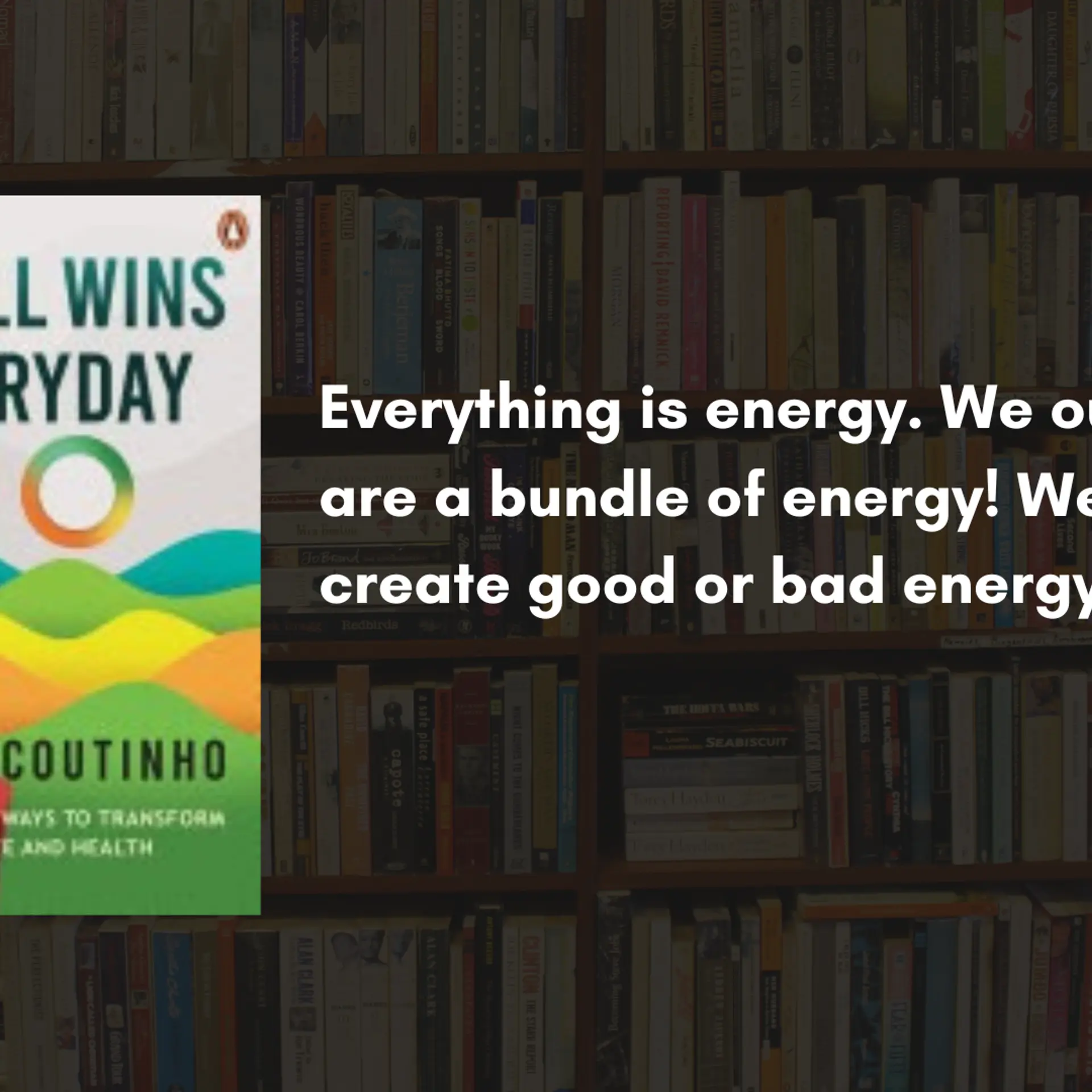Startup legend and Magicpin co-founder Brij Bhushan on his entrepreneurial journey
In this podcast episode, Amit Somani, Managing Partner of Prime Venture Partners, speaks to Brij Bhushan, Co-founder & ex-COO of Magicpin, a hyperlocal ecommerce app. Brij shares his inspiring story from going to a Tier III college to joining IIM Bangalore to building Magicpin.
Brij Bhushan has over 15 years of experience in strategy, venture capital, and tech growth. As the former COO and Co-founder of Magicpin, a hyperlocal startup, he played a key role in its success, helping it grow to over 10 million members and connect with 250,000 brands and retailers. He led the company’s vision, expanded the merchant network to more than 5 million across 50+ cities, and built a proprietary tech stack.
Recently, Magicpin became the largest restaurant aggregator on the ONDC network, with over 40,000 restaurants and a 200-fold increase in daily orders.
Before magicpin, Brij worked with Nexus Venture Partners, investing in companies like Delhivery, TinyOwl, and Housing.com. He also held a leadership role at UrbanTouch and spent four years at Bain & Co in San Francisco and New Delhi, advising clients in various sectors like consumer, tech, education, retail, and telecom.
The journey of building a business is often unpredictable, filled with unexpected challenges that require resilience, adaptability, and a relentless focus on delivering value. In this podcast, Bhushan shares a compelling account of his entrepreneurial path—his story is a testament to the power of grit, transformation, and staying true to core values.
The value of financial discipline
One of Brij’s key takeaways for aspiring founders is the importance of maintaining financial prudence. Even in high-growth periods, Magicpin’s team adhered to a strict rule, “just don’t run out of cash. It’s absolutely silly that you end up with only three months of cash in the bank. We had a rule of 12-plus months. That way, you give yourself the best chance of surviving the tough years and building a company with an above-average chance of success.”
Pivoting through COVID-19: Staying true to core values
When COVID-19 struck, Magicpin’s offline-focused business model became unsustainable almost overnight. Rather than retreat, Brij and his co-founder Anshoo Sharma embraced the challenge, pivoting to a delivery model that helped local Kirana stores bring essential goods to consumers’ homes.
He recalls, “the core of our business was the retailers and helping them succeed. When customers couldn’t go out, we realised the most important thing we could do was help local stores reach customers. We built a home delivery platform almost overnight and partnered with logistics providers to make it happen, all with minimal capex.”
Choosing the right market: The importance of scale and demand
When choosing a market to enter, Brij and Anshoo prioritised a sector with scale and demand, which allowed them the flexibility to make adjustments as needed. Their choice of offline retail was a strategic one, grounded in their understanding that the sector’s size would allow for errors and growth.
Sharing the strategy they used, he said, “Our simple principle was: go after a large market. With a big enough market, you have room for mistakes, which is crucial. We chose offline retail because, unlike online, it was underserved. The sheer size of the market gave us a margin for error and room to grow.”
The revival of offline commerce: Recognising human connection
Brij shared an insightful observation on the enduring value of offline commerce. For many, shopping isn’t just about transactions—it’s about connection, a form of social therapy. This insight helped shape Magicpin’s omni-channel approach, emphasising that while online commerce is essential, physical retail will always play a crucial role in consumer behaviour.
“People love going out. Shopping is more than just buying things; it’s a social experience, a form of therapy. After COVID, there was a massive return to offline shopping—it’s how humans behave. And for a lot of people, that connection is irreplaceable.”
Leadership transformation: The power of a coach
Brij’s leadership style also evolved as Magicpin grew. He candidly shared how, in the early days, his drive and focus could sometimes lead to an overly aggressive approach. Over time, he learned the importance of balancing ambition with empathy, a transformation he credits to feedback from his team and guidance from a leadership coach.
He emphasises, “as a founder, it’s easy to become tunnel-visioned, especially under pressure. Every pushback felt like it was getting in my way. Over time, I realised that building a company isn’t about rolling over people; it’s about working with them. The best lesson I learned was to stay connected to who I am as a leader and hold true to that.”
He further explained, “even with a great co-founder and family support, you need that third perspective. A coach brings an unbiased view and helps align your actions with your values. It’s one of the most profound investments I’ve made in myself.”
In a world of diverse business models and countless paths to success, Brij reminded founders that there’s no single blueprint for building a successful company. Each step of Magicpin’s journey has been shaped by its commitment to the needs of local retailers and consumers.
His journey highlights that while strategies may vary, the principles of resilience, adaptability, and customer focus are universal in building a lasting business.
Timestamps:
0:00 - Brij's childhood and background
7:00 - The Early days of Magicpin
17:00 - GST, Jio, Pivots
30:00 - The COVID Era
38:00 - The Entrepreneurship Saga
Edited by Megha Reddy







